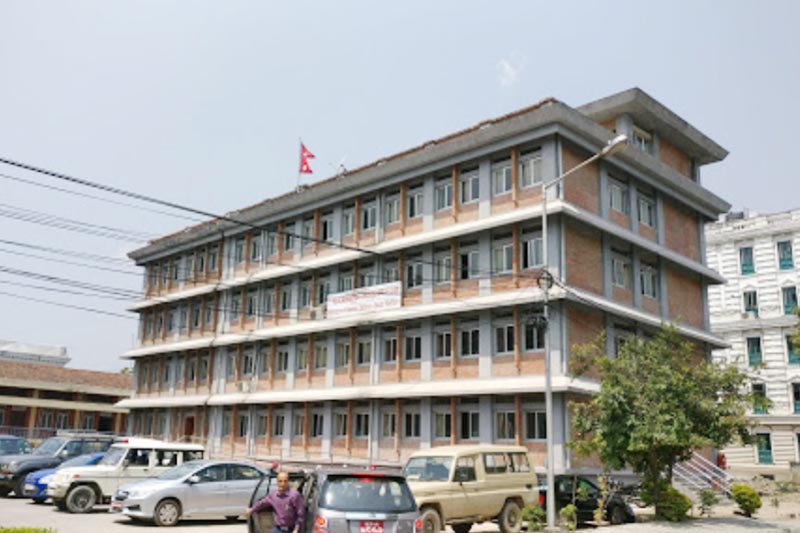Action plan to protect vulnerable group
Kathmandu, August 19
The Ministry of Women, Children and Senior Citizens has developed an action plan to address risky situation of women, children, differently-abled persons and senior citizens amidist the COVID-19 pandemic.
The action plan has outlined objectives to improve the condition of women, children, differently-abled persons and senior citizens, who are more susceptible to the COVID-19.
The objectives include prevention of violence, discrimination and harassment against them; providing emergency services; operation of national and international organisations affiliated with Social Welfare Council in an integrated manner for protection and management of vulnerable persons; maintaining coordination among all three tiers of the government for risk reduction, preparedness, response and recovery; and implementing the policy of proportional inclusion for the distribution of resources to the target groups.
The action plan stipulates the provision of a 16-member steering committee led by the minister of Women, Children and Senior Citizens for mitigating risks posed by COVID-19 to the target groups and addressing their problems.
Functions, duties and powers of the committee are to prepare and approve necessary procedures, standards and guidelines for the operation of national and international organisations; coordinate with the concerned ministries for arrangements of budget and resources; form provincial, district and local level subcommittees for the implementation of the action plan; implement the directives given by the Government of Nepal; create public awareness against the disease; and deliver services by prioritising sexual minorities, pregnant women, lactating women, persons suffering from chronic diseases, single women, senior citizens, Dalits, women and children.
Women, children, senior citizens and differently-abled persons living in rehabilitation centres and care homes have been listed as the most vulnerable groups for providing necessary support to them.
They often end up in care homes and rehabilitation centres due to failure of the government to provide them with sufficient social services to live independently, in the community.
“The government and concerned authorities are obliged to respect the rights of women, children, senior citizens and differently-abled persons in their response to the COVID-19 pandemic, and shall act accordingly,” reads the action plan.
A version of this article appears in e-paper on August 20, 2020, of The Himalayan Times.






